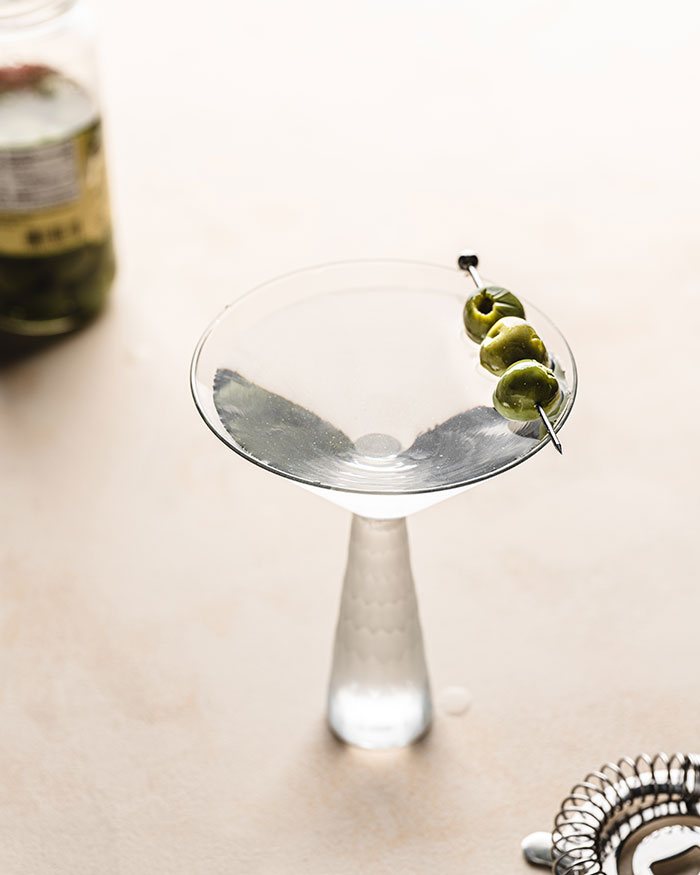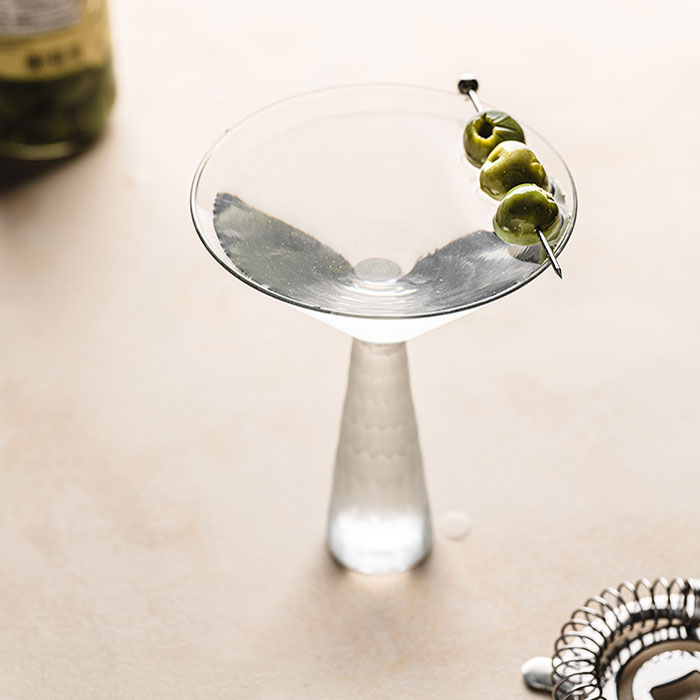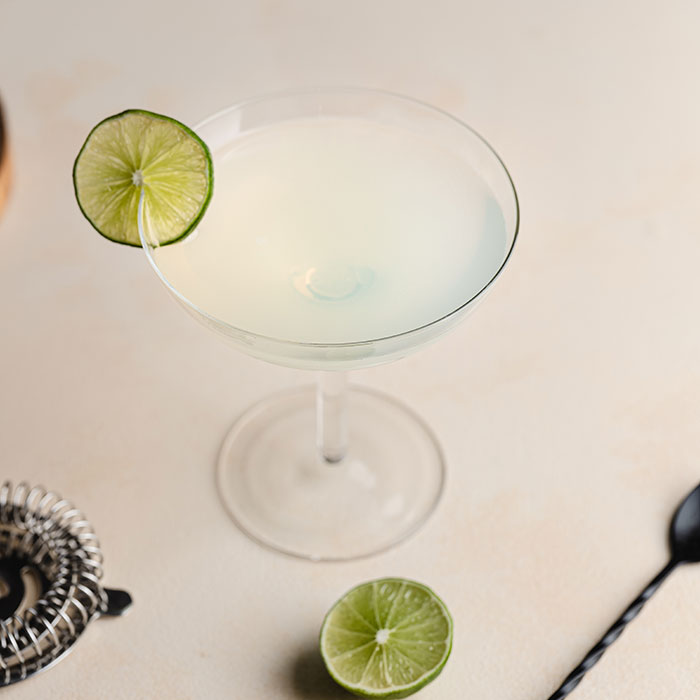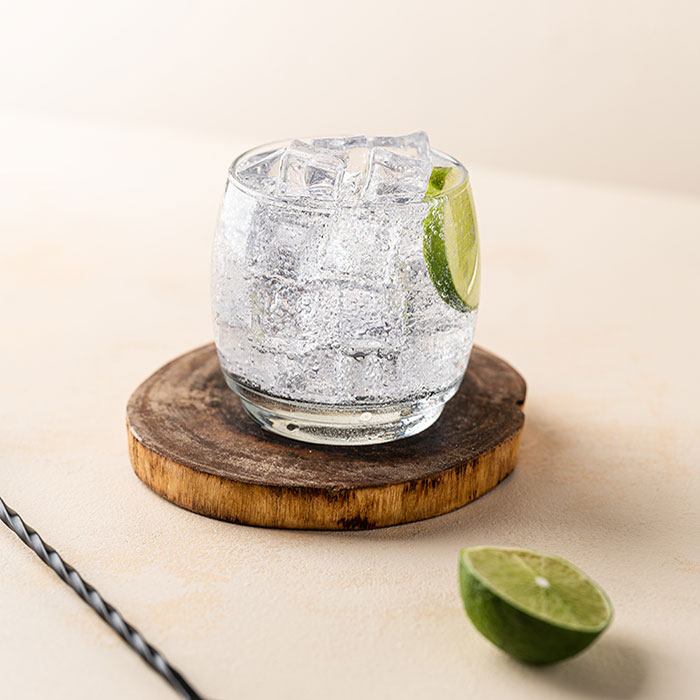What is Vodka?
Vodka is a distilled alcohol that is usually clear and lacking a noticeable aroma or taste. Different styles and varieties of distilled vodka come from Russia, Poland and Sweden, but any liquor made from water and agricultural ethanol can be classified as vodka. While most distilled vodka is unaged, some styles are rested and aged to infuse them with the flavor of the barrel.
Two main styles of vodka are Eastern and Western distilled vodka, but these classifications refer to the technique, not necessarily their location of origin. Eastern style, or “craft vodkas” retain some natural flavoring from their base ingredients. Western-style vodkas are more filtered, to produce as clean a liquor as possible and have a much more neutral flavor.
Vodka Nutrition Facts (distilled vodka)
Note that many vodka beverages are cocktails that combine mixers and other ingredients. The following is general nutrition information regarding pure distilled vodka.
Calories — One shot of vodka (1½ oz) contains 97 calories.
Carbs — Like most distilled liquors, vodka is only water and alcohol, so it contains 0 carbohydrates.
Gluten — Vodka is considered gluten-free, even if made from barley or wheat, because of the distillation process.
Alcohol content — Most vodka is about 40% alcohol or 80 proof.
What is vodka made from and how is it made?
Vodka can be distilled from any agricultural product with fermentable sugars, and — because its production is relatively unregulated compared to other spirits — you can find vodkas made from a wide variety of grains and vegetables. Most vodkas are made from barley, rye and wheat ethanol.
Vodka ingredients can be distilled from any agricultural product with fermentable sugars, and — because its production is relatively unregulated compared to other spirits — you can find vodkas made from a wide variety of grains and vegetables. Most vodkas are made from barley, rye and wheat ethanol.
That vodka ingredient is distilled a number of times. The more a batch of vodka is run through a still, the more impurities are removed, so some producers advertise the number of times their vodka has been distilled as a mark of purity. The alcohol is mixed with water until it is 40% alcohol and bottled (usually) unaged.
Vodka’s Origin Story
Where did vodka originate? Unfortunately, the true origin of vodka may be lost to history. Russians and Poles both claim to have invented it, and there is insufficient documentation to solve the dispute.
Origin of Vodka leads to Poland’s earliest record dates to 1533, when a medical drink (“gorzeć” from the Polish word for “to burn”) was brought to Russia from Poland. The first Russian reference to “vodka” (meaning “little water”) is from much later (1751) but the spirit was known in Russia long before then.
What historians do agree on is that before being used as an alcoholic beverage, vodka was widely used for medicinal purposes and in cosmetics and cleaners.
Vodka vs. Gin
Vodka and gin are both clear, distilled liquors, and easily confused. To compound the problem, they are also frequently used interchangeably in cocktails, like martinis.
The key difference is juniper. Vodka is known for being odorless and tasteless. Gin is officially classified as, “spirits with a main characteristic flavor derived from juniper berries produced by distillation or mixing of spirits with juniper berries and other aromatics or extracts derived from these materials.”
So is gin just a specific type of flavored vodka? Some say yes, some say no. We say … just drink vodka.
Popular Vodka Drink Recipes
There is almost no end to the creative and artistic vodka cocktails you can create. Here are a few of the most popular.
Vodka FAQs
A few more common questions about vodka:
Does vodka go bad?
Not really. There aren’t any ingredients in vodka to break down. Over the course of decades, very slow oxidation will likely dilute the alcohol content and any flavor, so it won’t last forever. If you have an older bottle sitting around, it’s fine to crack it open—and you probably should, because it’s not going to age.
What does vodka taste like?
Officially, vodka tastes like nothing. The legal definition of vodka in the U.S. includes “flavorless,” but as vodkas can be made from many different ingredients, even plain vodka usually does have some subtle flavor.
The specifics of that flavor, however, vary based on the ingredients that were used and how it was made. In addition to actual flavor, vodka is known for its texture—some are silky and almost oily, while others are more watery and clean.
For more quick answers to common questions, see our FAQ page →
Vodka 101
The beauty of a good vodka is its versatility. Other liquors, with strong flavors or higher calorie counts, produce a limited number of drinks. A bottle of good vodka, however, never goes out of style and never gets old.
If you’re already a fan of vodka and looking for what’s next, check out Unicorn Butterfly Pea Vodka. Distilled with butterfly pea flowers, our vodka has a natural flavor and coloring that creates a completely unique experience.



